[Drama catnip] Charismatic female antagonists
by alathe
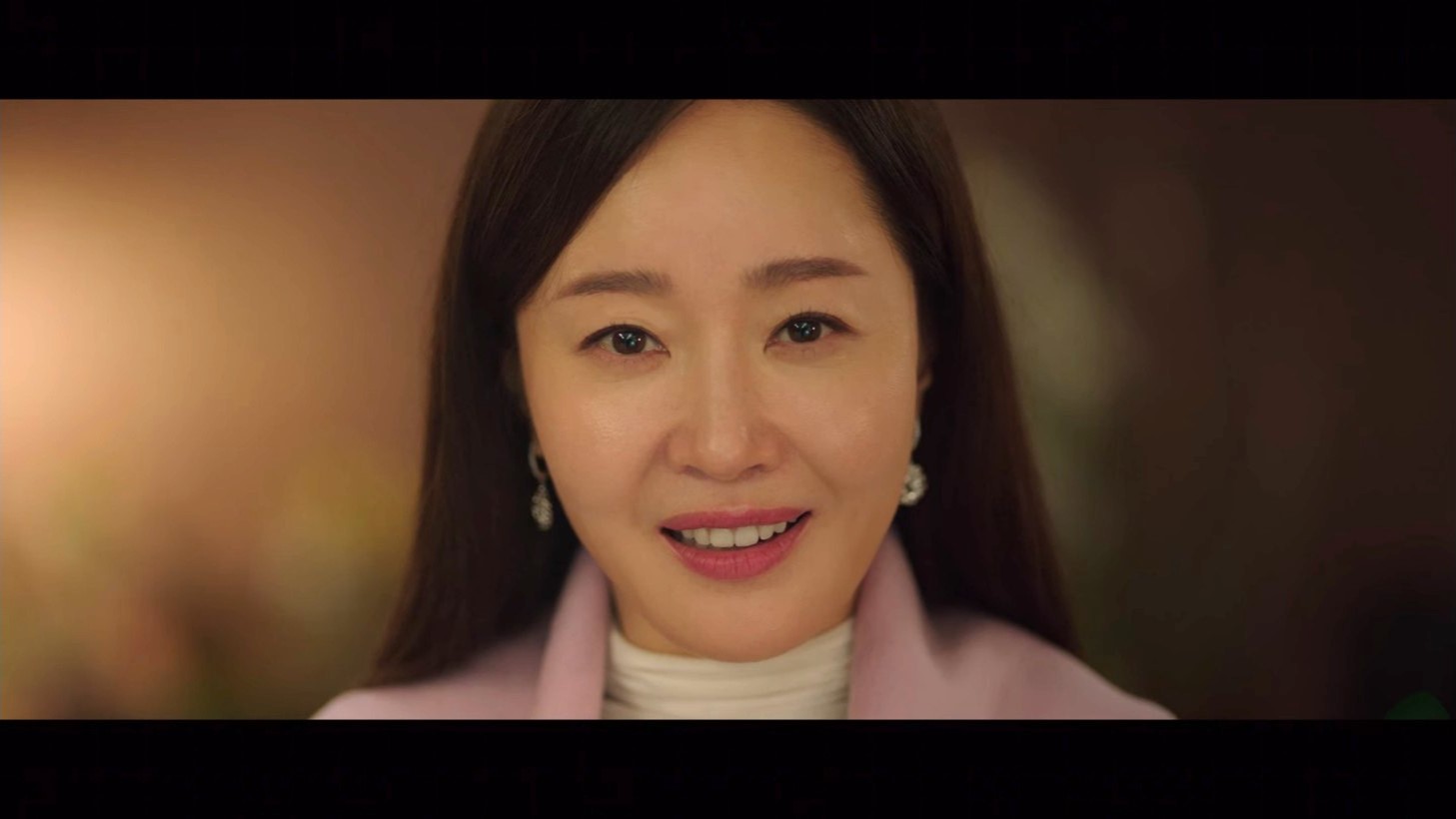
She’s evil. She’s tragic. She’s misunderstood. Often, she’s royalty. She’s not quite a vamp, and not quite a femme fatale, but both those things are in her DNA. She’s an immaculate dresser, and an even more immaculate liar. She’s a cut-throat, hyper-feminine manipulator — with a heart of… well, more lead than gold. She’s girlbossed a little too close to the sun. She’s hard to pin down, but there’s an easy litmus test for spotting her in my household, and it goes like this:
My mother: You’ll like this character.
My father: She’s a Lady Macbeth.
Me: You can’t just call every manipulative female character a Lady Macbeth! There are a million reasons why a slightly scheme-ey woman might resort to the excellent means of murder and deception! This woman has done nothing wrong in her life, and I adore her! In fact, all her murder victims should have thanked her! (Repeat ad nauseum…)
At the end of the day, my K-drama catnip is any show that contains a charismatic female villain. Or, failing that, a manipulative female secondary character who swans about in the background looking perfectly put together, whilst running rings around the protagonists. There’s a place for detailed feminist examination of this trope — whether it allows female actors to chew the scenery in interesting and complex ways, or whether it’s simply a collection of stereotypes. This article is not it. Instead, I invite you to leave your morals at the door, and revel with me in the sheer brilliance of my favorite female antagonists!
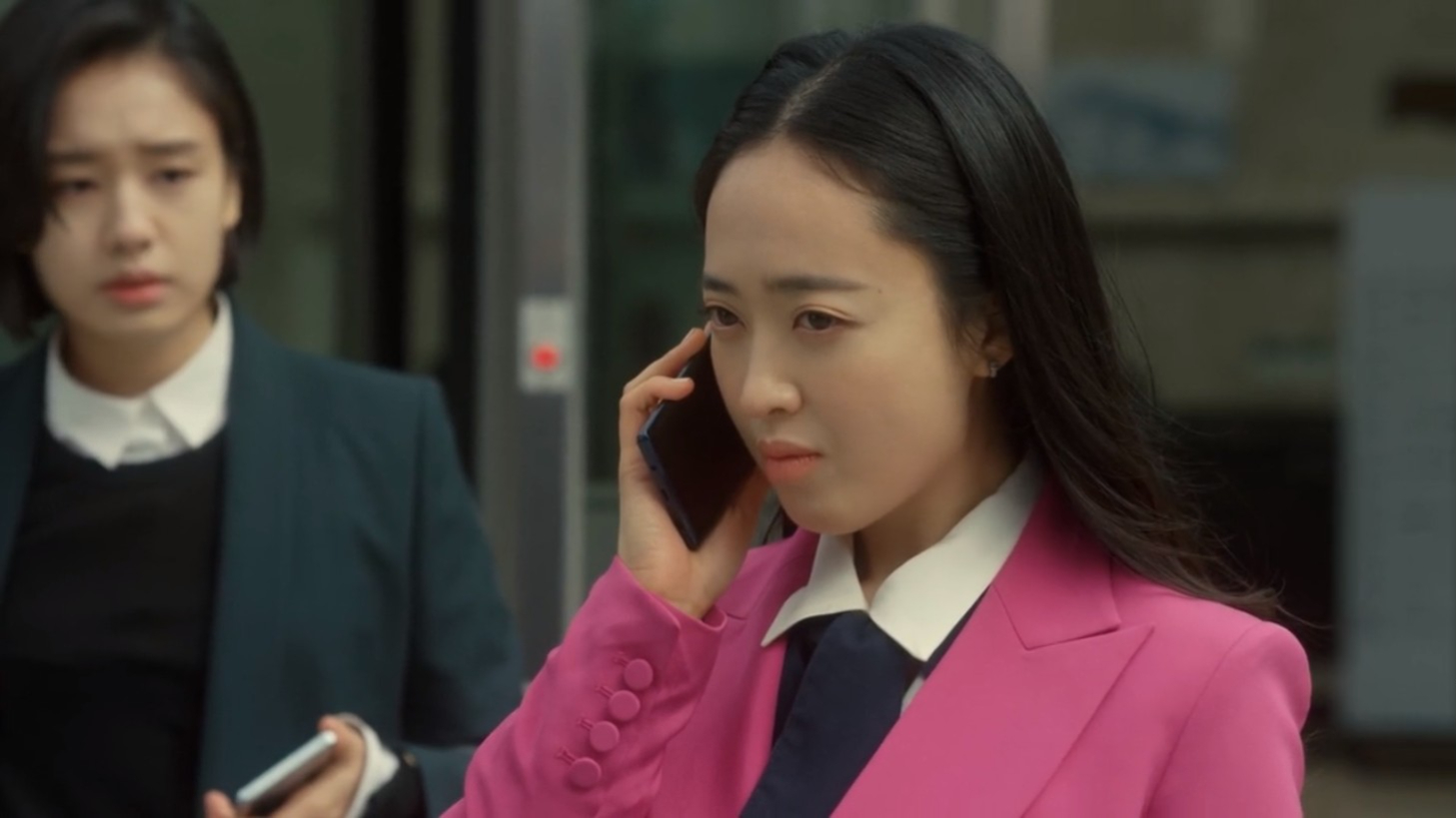
We begin with the queen of them all. The one, the only. The elegantly-tailored, lethal Kim Min-jung villain. This, for me, is exemplified in two characters: PARK HOO-JA in My Fellow Citizens and JUNG SUN-AH in The Devil Judge — both subtly different, but both equally unforgettable.
As soon as I saw Hoo-ja on screen, I knew she’d be special. It was something about the way she performed femininity. The flashy statement blazers. The exaggerated, dramatic sneers. The utterly feral energy where she just let rip and screamed in frustration. It felt gloriously camp, in that Susan Sontag sense of reveling in excess. And because of this, combined with the fact that she showed not a scrap of romantic interest in men, the character read as inescapably queer to me in a way I adored. Was she also a loan shark with zero morals, whose goal throughout the series was to make mockery of a democratic election? Sure. But, details.
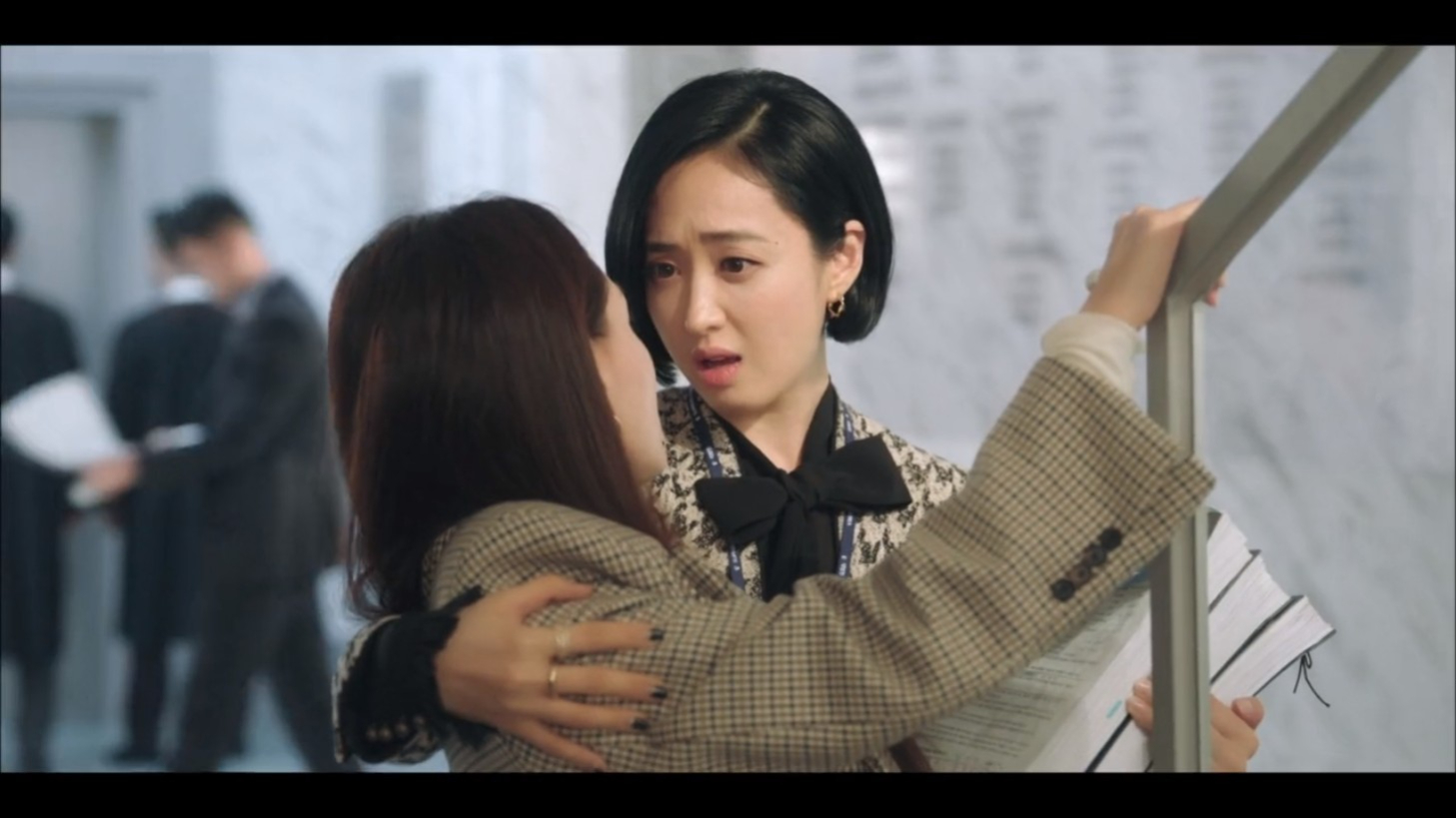
Sun-ah leaned a little more to the femme fatale side of things, in a wonderfully noir kind of way. For me, the most show-stopping scene in The Devil Judge (a tight competition if there ever was one) was where she stood in front of a room full of at-risk teenage girls, and told them to try hard, achieve their dreams, get rich, and blackmail their abusers. Inspired! Plus, despite her deadly obsession with the devil judge himself, she still found time to catch a falling woman in her arms, before attempting to seduce her to the dark side. Iconic bisexual behavior, frankly.
What made Sun-ah so deliciously complex was that you could see precisely where her actions came from: the trauma that fed into her self-destructive schemes; the real social injustice she was clawing against. But what truly elevated her was the fact that… her actions were unjustifiable anyway. Lending her support to a despotic regime, on the basis that she might as well get a seat at the table? Horrendous! And yet, how satisfying to watch her realize there were depths to which even she could not sink. In The Devil Judge, the real villain was, of course, rampant social inequality. But wow did Sun-ah make for a magnetic mini-boss.
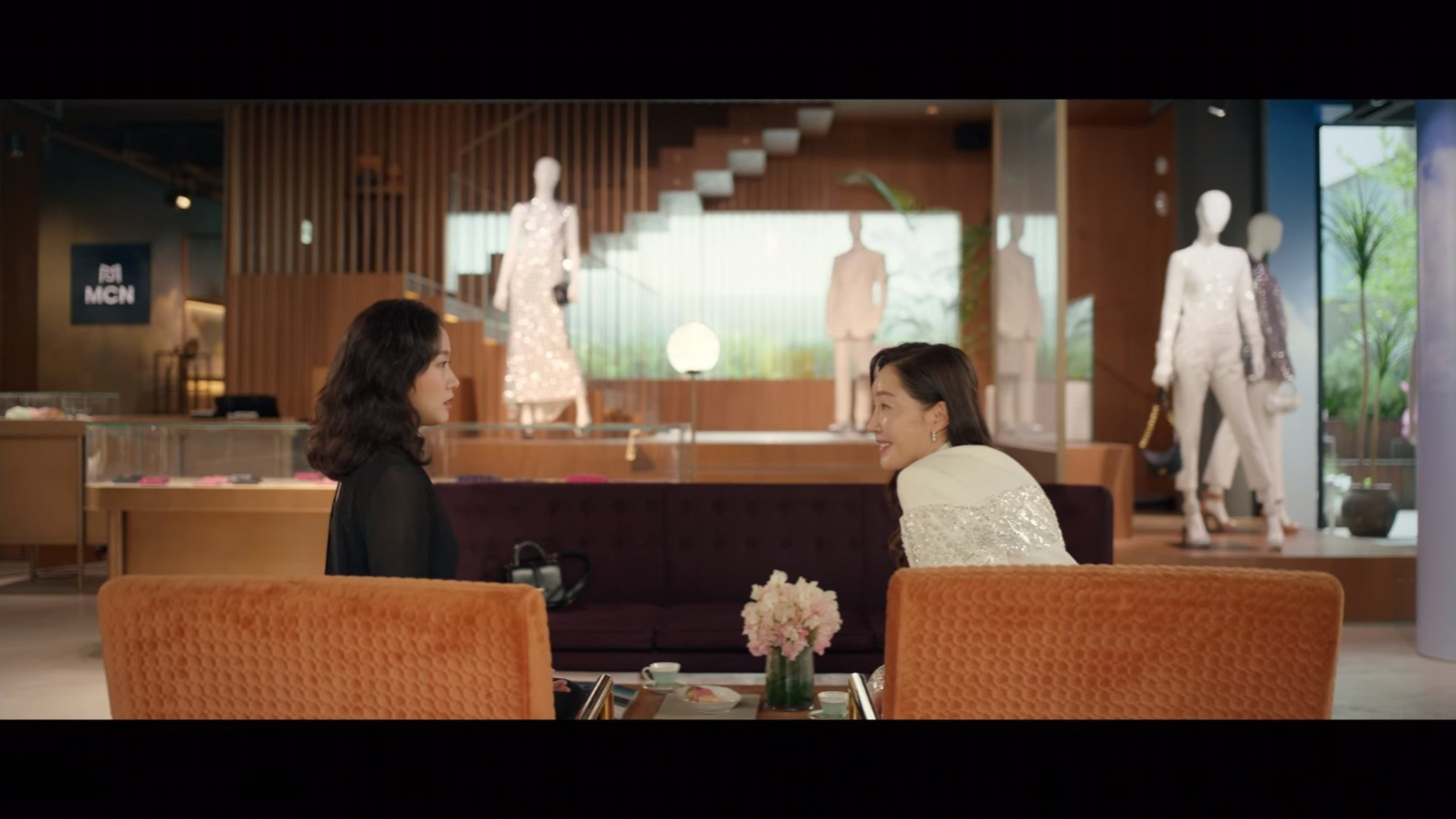
Last year’s dramas contained a wealth of delightful female villains, and I was lucky enough to recap several of them. Eom Ji-won’s performance as WON SANG-AH in Little Women, the spider at the centre of the show’s elaborate web of lies, was a masterclass in how to play a larger-than-life antagonist. The key ingredient? Drama! No matter how repulsive a person she was, Sang-ah made up for it by being daringly theatrical throughout. And what better way to characterize someone who saw life as nothing more than a movie she was directing? I have a terrible weakness for characters who are convinced that all the world’s a stage, especially when they’re painfully aware this makes them the villain.
Secondly — okay, so, I’ve spilled plenty of digital ink on the topic of how much I adore Alchemy of Souls. However, there’s one character I haven’t focused on: SHAMAN CHOI (Kang Kyung-hun), whose eyeshadow game was the stuff of legends. Shaman Choi only truly came into her own at the end of season one, but boy did she make up for lost time. I still get chills thinking about how she stood in a room of her enemies, totally outplayed, holding a literal knife to her throat. Despite being at the end of her villainous rope, she delivered a blistering speech about everyone’s hypocrisy: didn’t they too leverage soul-shifting for their own benefit? And truly, that’s the mark of a great villain — they can have you up in arms on their behalf, screaming that they totally had a point, dang it!
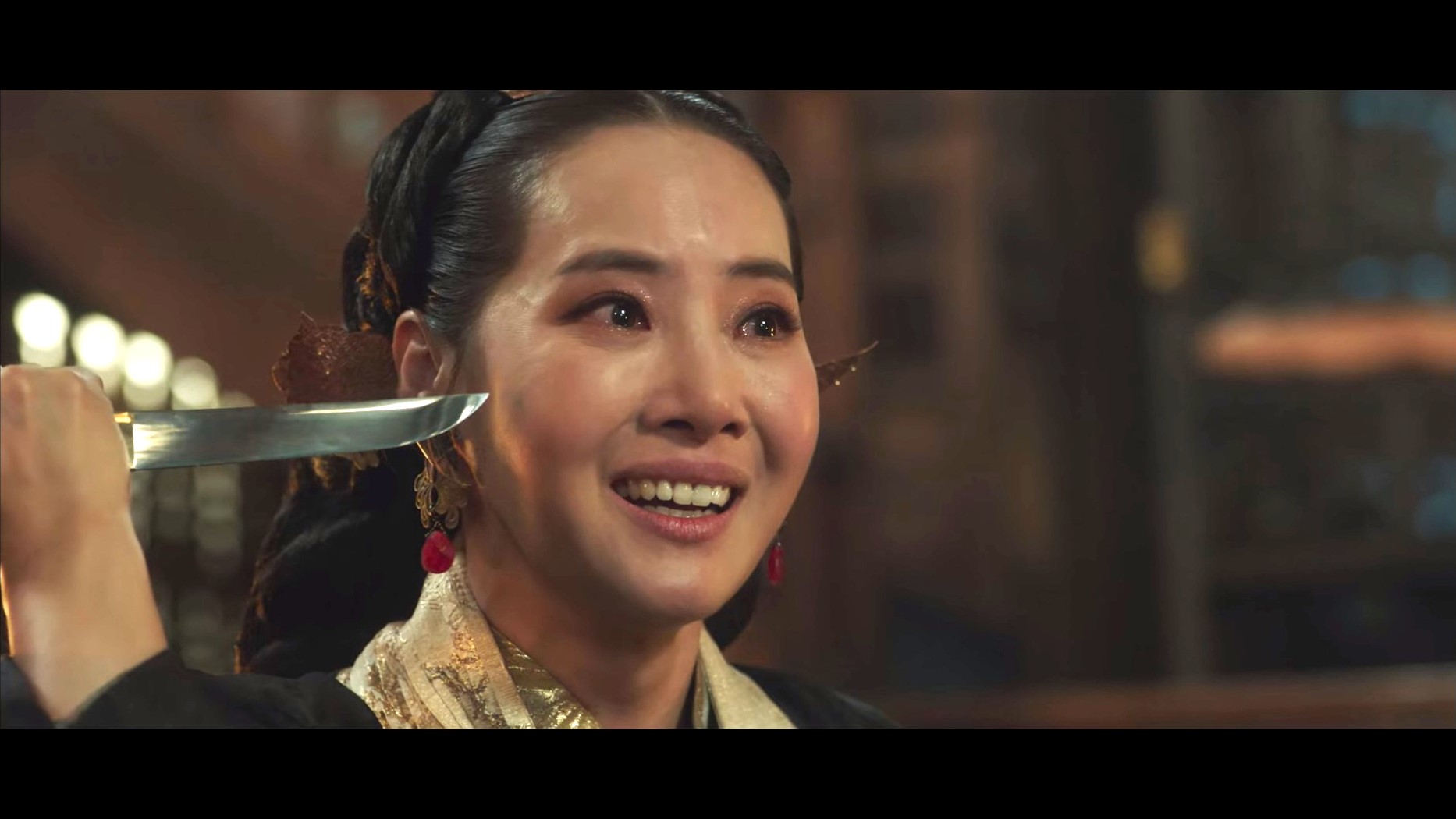
This brings me onto my favorite category: the scheming historical queen. Convoluted, amoral plotting is half the reason I love sageuks, which contain politically powerful women on all shades of the moral spectrum. For me, the best sageuks acknowledge the complexity of the past. In particular, my favorite Joseon dramas are never a straight-up fight of good versus evil; instead, they’re about people finding a range of ways to survive amid oppressive circumstances.
Maybe that’s why I’m so fascinated by historical women — especially ones who challenge today’s ideas around acceptable femininity. The highly-literate, badass, enlightened heroine? Nice, but done to death. What really fascinates me are historical female characters who are truly of their era: with all the determination and nastiness this might entail.
I utterly imprinted onto a relatively minor character from Six Flying Dragons: MIN DA-GYUNG (Gong Seung-yeon), wife of the infamous YI BANG-WON (Yoo Ah-in). When I think of her, I think of a needle: sharp, deadly, and subtle. Those knowledgeable eyes! That precise manner of speaking! Da-gyung was a dyed-in-the-wool pragmatist. Husband’s in love with another woman? Great, fine! But he’d better not let it reflect badly on her, and she’ll merrily sabotage them from the sidelines. Her first consideration, in every venture, was how does this benefit me? I rejoiced every time she was on screen.
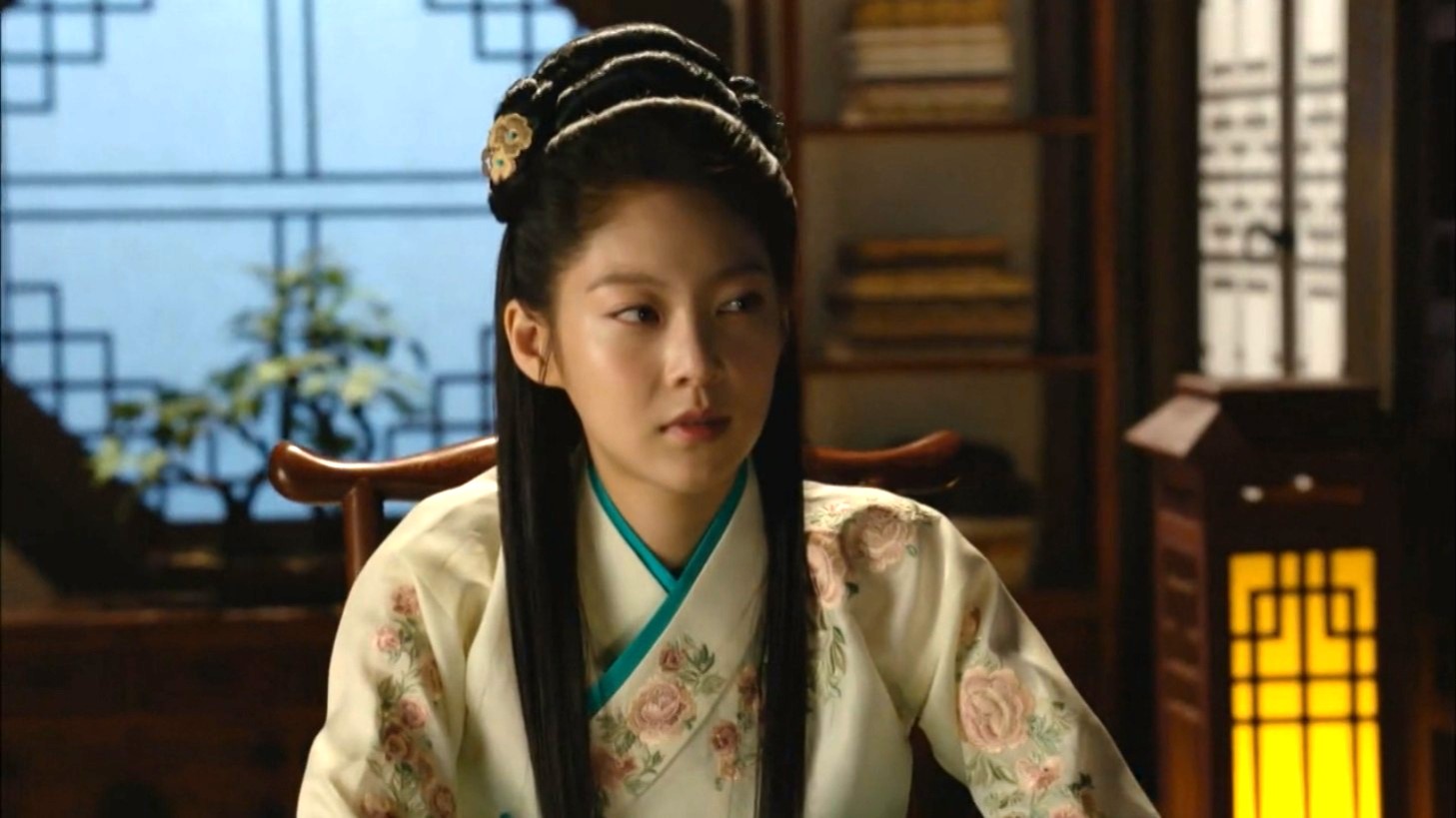
Another morally ambiguous queen who had my full allegiance was QUEEN JUNGSOON (Jang Hee-jin) from The Red Sleeve Cuff. Was she a villain? Not by a long shot. However, she marched entirely to her own tune, often placing her at odds with the protagonists. Hated by her husband’s family and isolated within the court, her independence was a necessity. Jang Hee-jin did an incredible job of showing the sheer force of will that went into her every move — she wore her royal robes with the air of a military champion.
One last trope I cannot get enough of is the second female lead who’s entirely out for herself. You’ve got to respect someone who knows what they want! There’s joy in watching a ruthless mind at work. On the sadder end of the spectrum is the ever-glamorous JANG NOK-SOO (Lee Ha-nee) from Rebel: Thief Who Stole the People, whose dedication to power-grabbing was an inspiration. Only, she was so elegant and tragic about it that it hardly registered as remorseless. What’s a girl to do when she’s snagged a monarch’s eye — not seize control of the court? Please.
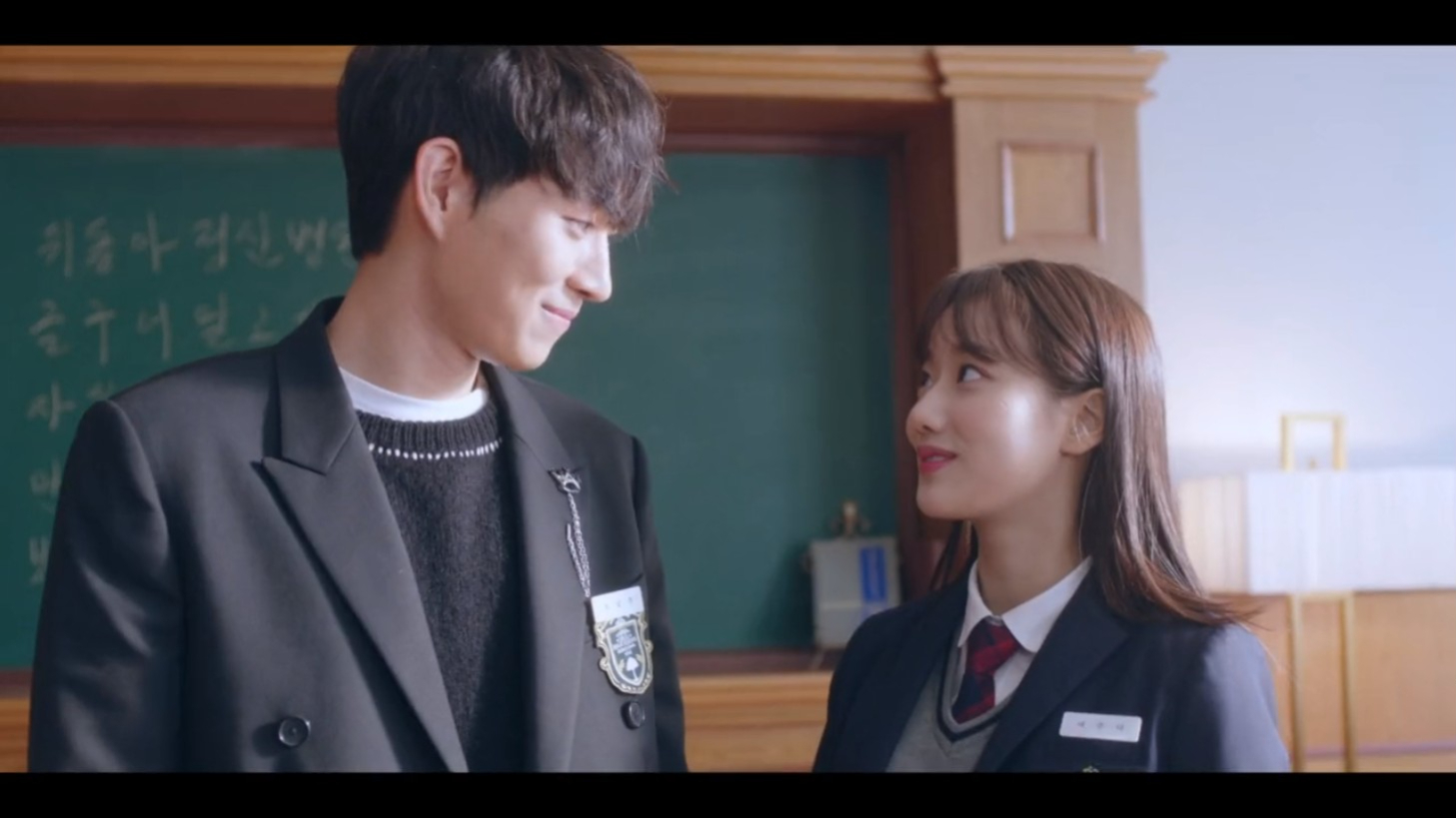
A beautifully understated example of this trope is the crafty YEO JOO-DA (Lee Na-eun) from Extraordinary You. The greatest reveal of the entire series was learning that not only was Joo-da aware of being the protagonist of a hackneyed high school drama… there was no-one else she’d rather be. Was she doomed to repeat the same narrative, again and again, feigning sweetness at the behest of an all-powerful writer? Sure, but who doesn’t love the spotlight! Not everyone can be a freedom fighter. You know what’s better? Being the designated main character. As far as she was concerned, everything was coming up Joo-da — and, given I dissolved into giggles with every secret smile she gave, I could hardly disagree.
So, what makes a female antagonist and/or morally ambiguous foil I’ll defend to the death? Firstly, drama. I’ll forgive anything if it’s done with enough style. Bonus points if she’s flamboyant, audacious, and more than a little queer-coded. However, I’ll also fall head over heels for a subtle schemer, especially if behind that smile beats the heart of a shameless megalomaniac. What’s more, although I often love rooting against the odds for someone other than the protagonist, I can’t help but long for more dramas starring one of these archetypes! Frankly, I’m holding out for a Kim Min-jung romcom. She’d play exactly the same character she always does, except this time she’d stumble into a meet-cute on the way to plotting world domination. You go, Lady Macbeth!
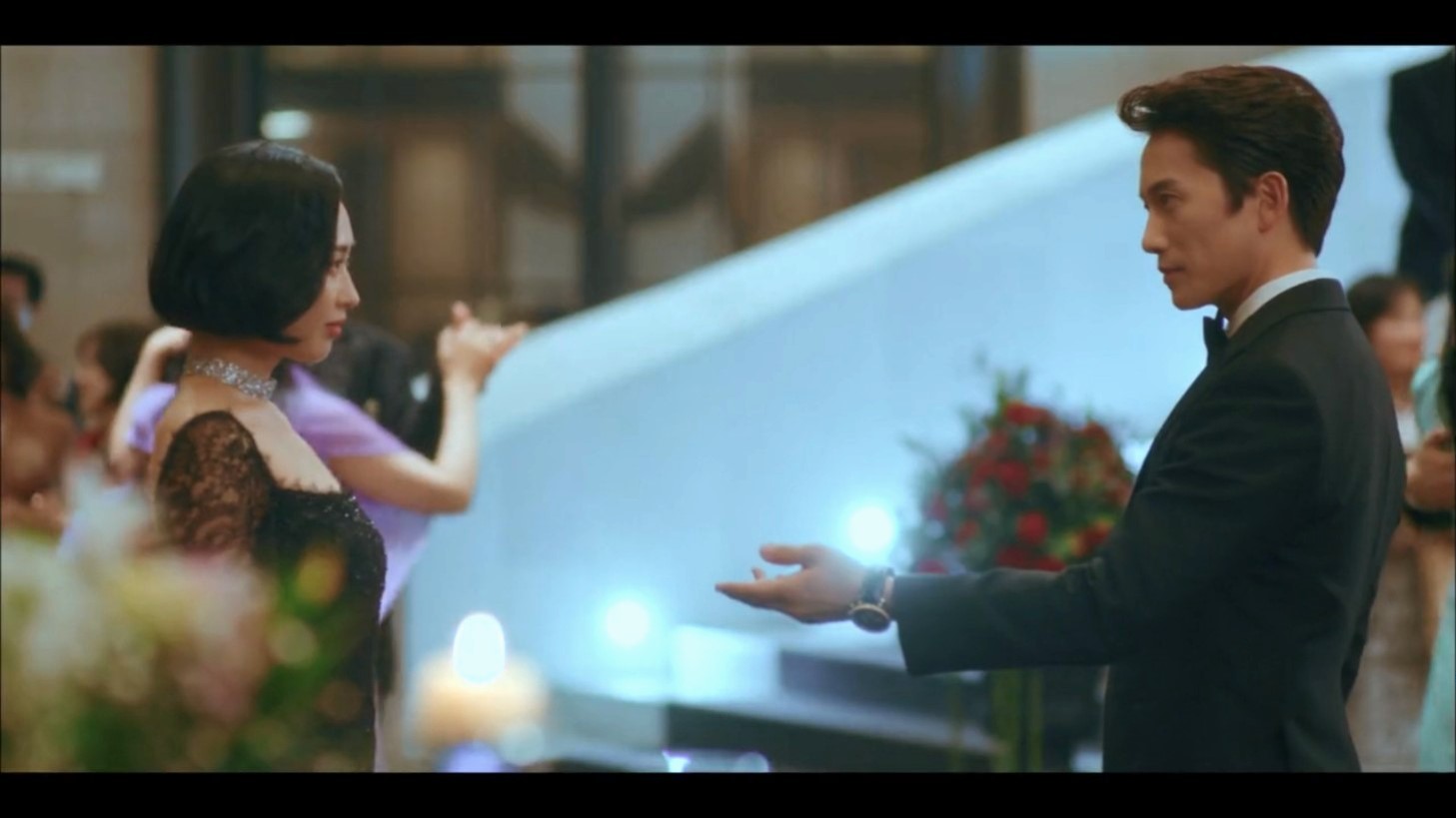
RELATED POSTS
[Drama catnip] Charismatic female antagonists
Source: Buzz Pinay Daily
0 Comments